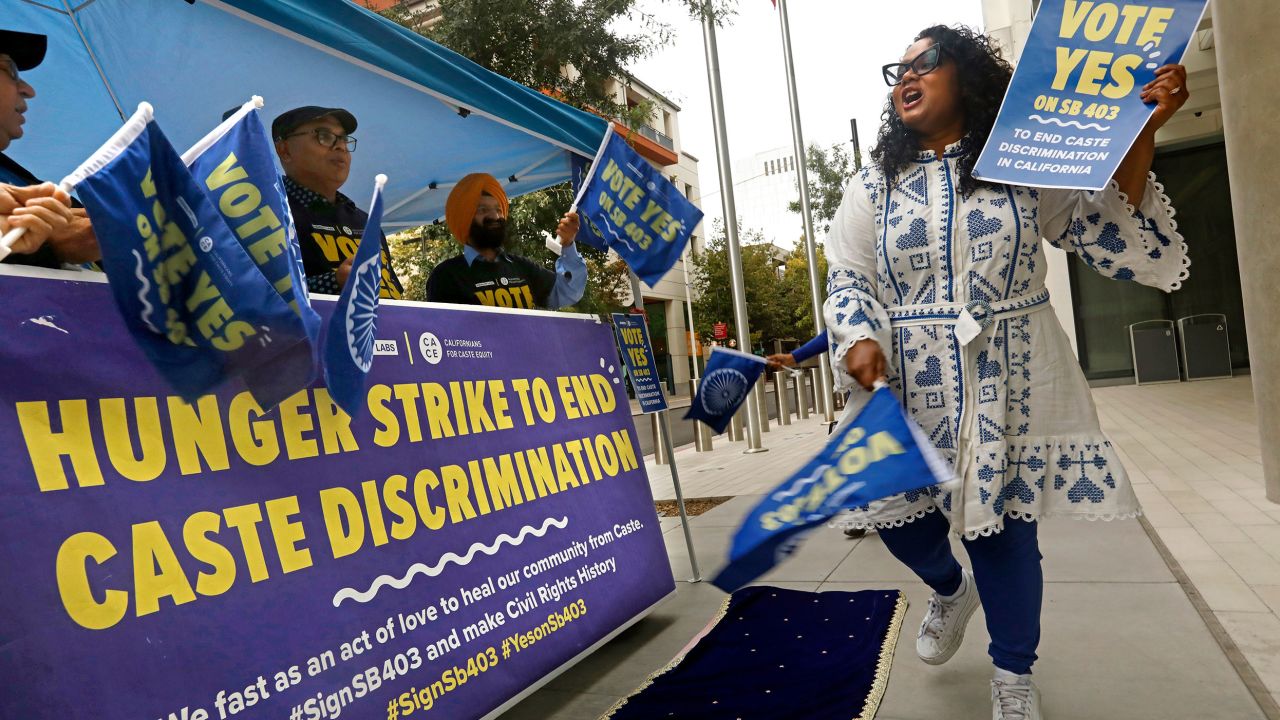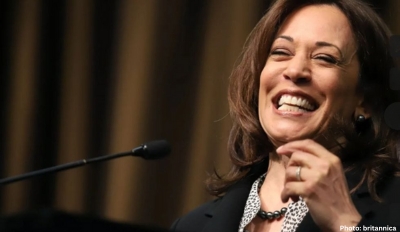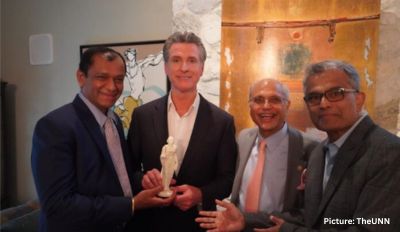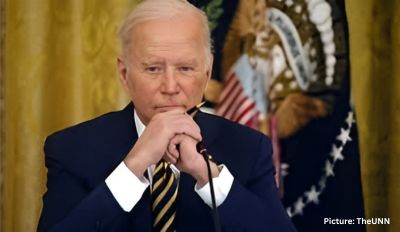California Governor Gavin Newsom vetoed a bill on Saturday that aimed to explicitly prohibit caste discrimination within the state. This legislation, which had gained approval from the California legislature the previous month, sought to identify caste as a subset of ancestry in the state’s civil rights laws, granting residents legal recourse in cases of caste-based discrimination.
India’s caste system, evolving over centuries, established a rigid social hierarchy based on ideas of purity, with an individual’s caste assigned at birth. Although India formally outlawed caste discrimination shortly after gaining independence in 1947, caste-based bias and inequality persist and have spread to other nations.

In his explanation for vetoing the bill, Newsom argued that it was “unnecessary” because the state already prohibited discrimination based on caste. He stated, “In California, we believe everyone deserves to be treated with dignity and respect, no matter who they are, where they come from, who they love, or where they live. That is why California already prohibits discrimination based on sex, race, color, religion, ancestry, national origin, disability, gender identity, sexual orientation, and other characteristics, and state law specifies that these civil rights protections shall be liberally construed.”
Some groups, including individuals of Indian descent, opposed the California measure, contending that it unfairly generalized an entire community. While caste is most commonly associated with India and Hinduism, it has extended to other South Asian countries and religions.
In recent years, individuals who have experienced caste-based oppression in the United States, particularly in Silicon Valley where a substantial number of employees are South Asian immigrants, have begun to speak out about the discrimination they face.
A coalition of civil rights organizations, faith-based groups, and progressive legal scholars supported the bill’s effort to amend the state’s Fair Employment and Housing Act, the Unruh Act, and the Education Code to include “caste” and other aspects of ancestry. Nevertheless, the bill faced fervent opposition from some Indian Americans and Hindu organizations who argued that it unfairly stigmatized South Asians and Hindus.
Equality Labs, an advocacy organization representing Dalits, those at the lowest rung of India’s caste hierarchy, supported the bill. Despite Newsom’s veto, Equality Labs regarded it as a victory. Thenmozhi Soundararajan, Executive Director of Equality Labs, expressed, “While it is heartbreaking to receive the Governor’s veto, it is not a reflection of the incredible democratic power that our communities showed. We did the impossible. Caste-oppressed people have been mobilizing for years to fight against this form of historical violence and will continue to do so.”
Earlier in the year, Seattle became the first U.S. city to prohibit caste discrimination. Several higher education institutions, including Brown University, the California State University System, Colby College, and Brandeis University, have also incorporated caste protections into their nondiscrimination policies.
In 2020, California filed a lawsuit against the tech giant Cisco and two of its engineers, alleging discrimination against an Indian employee because of his lower caste status. Although the state later dropped the case against the two engineers, litigation against Cisco remains ongoing. Cisco stated at the time that it was dedicated to fostering an “inclusive workplace.”
Caste has been a contentious issue in California over the past two decades, particularly regarding the portrayal of Hinduism in textbooks. Some Hindu groups argued that proposed textbook language perpetuated bias and stereotypes against Hindus and lobbied for the removal or modification of certain references to the caste system.











